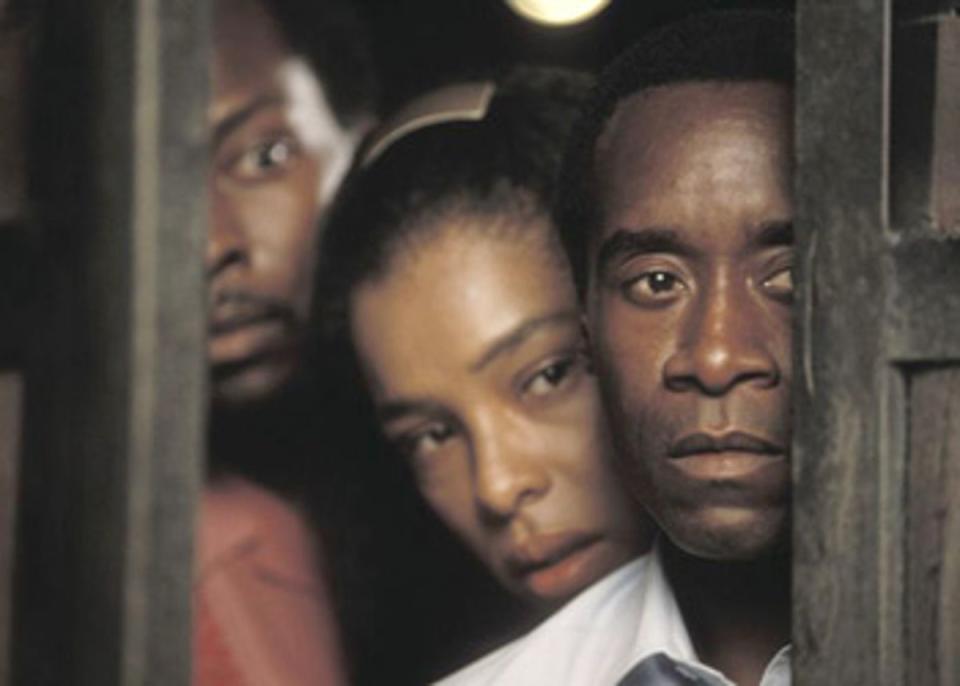‘Hotel Rwanda’ hero arrives in the United States after being freed from Kigali prison

The man who inspired the film ‘Hotel Rwanda’, Paul Rusesabagina, arrived in the United States after being released from prison in Rwanda last week.
In September 2021 Rusesabagina was sentenced to 25 years over his ties to a group opposed to Rwandan President Paul Kagame that has an armed wing.
The 68-year-old, a vocal critic of Kagame, says he was lured to Rwanda in 2019 when he boarded a private plane in Dubai that he believed was bound for Bujumbura, Burundi. The aircraft instead landed in Kigali, where he was arrested.
He was released last Friday after Kagame commuted his sentence, following months of negotiations between Washington and Kigali, and arrived in Doha on Monday. He boarded a plane in Qatar bound for Houston, a source familiar with the matter said.
“I’m pleased to welcome Paul Rusesabagina back to the United States,” White House national security adviser Jake Sullivan said on Twitter, adding that Rusesabagina was reunited with his family.

“I’m grateful to those we worked closely with in the Rwandan Government to make this possible,” Sullivan said.
Rusesabagina was feted around the world after being played by actor Don Cheadle in the 2004 film ‘Hotel Rwanda’ which portrayed him as a hero who risked his life to shelter hundreds of people as manager of a luxury hotel during the 1994 Rwandan genocide.
Washington’s historically close ties with Rwanda had been strained by Rusesabagina’s detention and by U.S. allegations, denied by Kigali, that Rwanda has sent troops into neighbouring Democratic Republic of Congo and supports rebels there.
Rwanda has said that Rusesabagina’s release is the result of a shared desire to reset the US-Rwanda relationship.
During his trial Rusesabagina acknowledged having a leadership role in an opposition group but denied responsibility for attacks carried out in Rwanda by its armed wing.
The trial judges said the two wings of the group were indistinguishable.

 Yahoo News
Yahoo News 